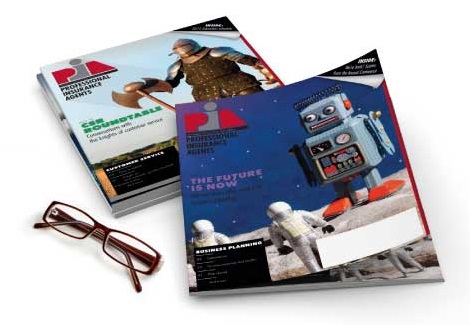
Aug 10, 2017
In defense of the ride-hailing driver
Your clients already may be driving for transportation network companies following enactment of the ride-hailing measure in the New York state budget, which went into effect June 29. The TNC law and implementing regulations distinguishes between TNC vehicle use and other public or livery conveyance use.
Insurers now may add liability exclusions for TNC use as permitted by Regulation Section 60-1.2. Since the effective date of the law gave insurers such a short time to prepare their filings in advance, it may be months before these filings are approved and added to personal auto policies upon renewal. This is why TNC group policies are required by regulation to provide primary mandatory coverage for all phases of TNC use until Jan. 1, 2019, when it is expected that TNC coverage options will have been implemented by insurers. However, mandated coverage does not include comprehensive and collision coverage for the driver’s car.
While on a prearranged trip (Phases 2 and 3), Uber has stated that it will provide its drivers with liability and supplementary uninsured/underinsured motorists coverages in the amount of $1.25 million, PIP benefits in the amount of $50,000 and contingent comprehensive and collision coverage subject to a $1,000 deductible.
While merely logged in (Phase 1), Uber will provide minimum limits for liability and uninsured motorists coverages, along with the required PIP benefits in the amount of $50,000. There is no comprehensive and collision coverage provided for the driver’s vehicle.
Until personal auto policies are amended with TNC exclusions and given coverage options, two coverage issues might be in limbo. During this interim period, will the personal auto policy be excess over the TNC group policy and will comprehensive and collision coverage be applicable? Members have been reporting to PIANY that insurers are saying "no" to both, which means there are potential claim denials in your auto policyholders’ future.
PIANY believes your client may be successful in arguing for coverage under an unendorsed personal auto policy when the driver is involved in a TNC-related accident, especially with regard to liability coverage. This is because the law now states that a public or livery (for-hire) vehicle is not a TNC vehicle and insurers are permitted by regulation to exclude them. Without a specific TNC exclusion, insurers will be obliged to insure them because the "public or livery conveyance" exclusion is ineffective.
With regard to Phase 1 comprehensive and collision coverage (not provided by Uber), the argument is a bit more subtle. The claimant must appeal to the consistency of interpreting "public or livery conveyance" in Part A and Part D of the policy. A word or phrase should be interpreted with its plain meaning unless there is a more precise technical or legal meaning. In this case, the New York State Department of Motor Vehicles now has a legal TNC definition that does not include a livery or other for-hire vehicle. Given the lack of clarity, some insurers may routinely deny the claim and hope the insured surrenders. Often these minor Part D claims (not over $3,000) can be decided in small-claims court.

